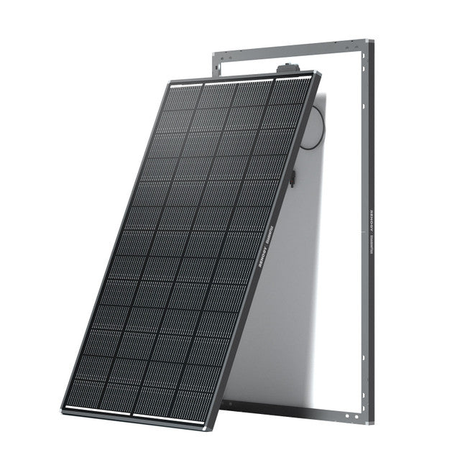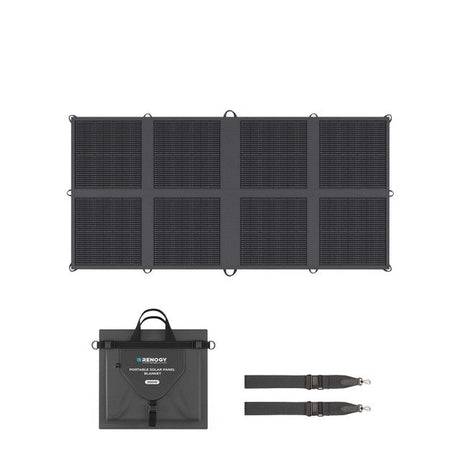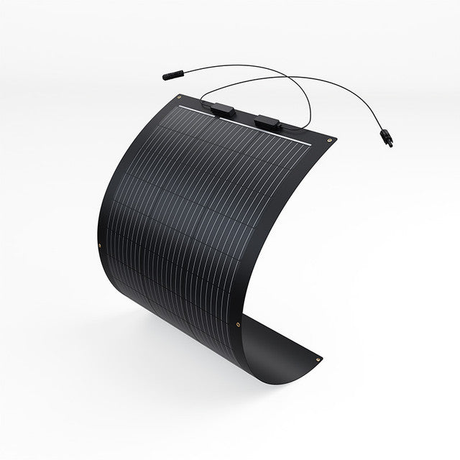Solar Panels
High-Performance 12V, 24V & 48V Solar Panels for Home, RV, and Off-Grid Living.
Renogy
Panneau solaire monocristallin 50 watts 12 volts (nouvelle édition)
CAD$69.99CAD$99.99Prix unitaire /Indisponible
Frequently Asked Questions
How Many Solar Panels are Needed to Run a Home?
How Many Solar Panels are Needed to Run a Home?
The number of solar panels needed depends on your energy usage, location, and panel wattage. An average Canada home using 10,632 kWh per year typically requires 15 to 22 panels (assuming 400W panels and 5 peak sunlight hours per day). To get an exact estimate, divide your annual energy consumption by your area's solar production ratio and panel wattage.
Are Solar Panels Worth it?
Are Solar Panels Worth it?
Yes, solar panels can significantly reduce electricity bills, provide energy independence, and offer long-term savings. Factors like electricity costs, available incentives, and sunlight hours determine their value. In states with high electricity rates, solar panels often pay for themselves in 5-8 years and continue generating savings for 25+ years.
How Much Does a Solar Panel Cost?
How Much Does a Solar Panel Cost?
As of March 2025, the average cost of solar panels in Canada ranges from CAD 2.50 to CAD 3.50 per watt (W). This means a typical 5-kilowatt (kW) residential solar system would cost between CAD 12,500 and CAD 17,500 before incentives. In Ontario, the cost per watt is between CAD 2.60 and CAD 3.40, which translates to a total pre-installation cost of around CAD 26,000 to CAD 34,000 for a 10 kW system.
It's important to note that actual costs can vary based on factors like system size, equipment quality, and installation specifics. For the most accurate estimate, consider obtaining quotes from multiple local installers.
How does a Solar Panel Work?
How does a Solar Panel Work?
Solar panels convert sunlight into electricity using photovoltaic (PV) cells. When sunlight hits the cells, it excites electrons, generating direct current (DC) electricity. This DC power is then converted into alternating current (AC) using an inverter, making it usable for home appliances.
How Much Power Does a Solar Panel Produce?
How Much Power Does a Solar Panel Produce?
A solar panel’s power output depends on its wattage and sunlight exposure. For example:
100W panel: 400-500Wh per day;
200W panel: 800-1,000Wh per day;
400W panel: 1.6-2kWh per day;
Actual output varies based on location, weather, and shading conditions.
Will a 200W Solar Panel Run a Fridge?
Will a 200W Solar Panel Run a Fridge?
A 200W solar panel alone may not be enough to run a fridge continuously. Most refrigerators consume 100-800Wh per day, but power surges when the compressor starts can exceed 1,000W. To run a fridge reliably, you’ll need a battery (100Ah or more) and a solar charge controller to store energy for nighttime use.





